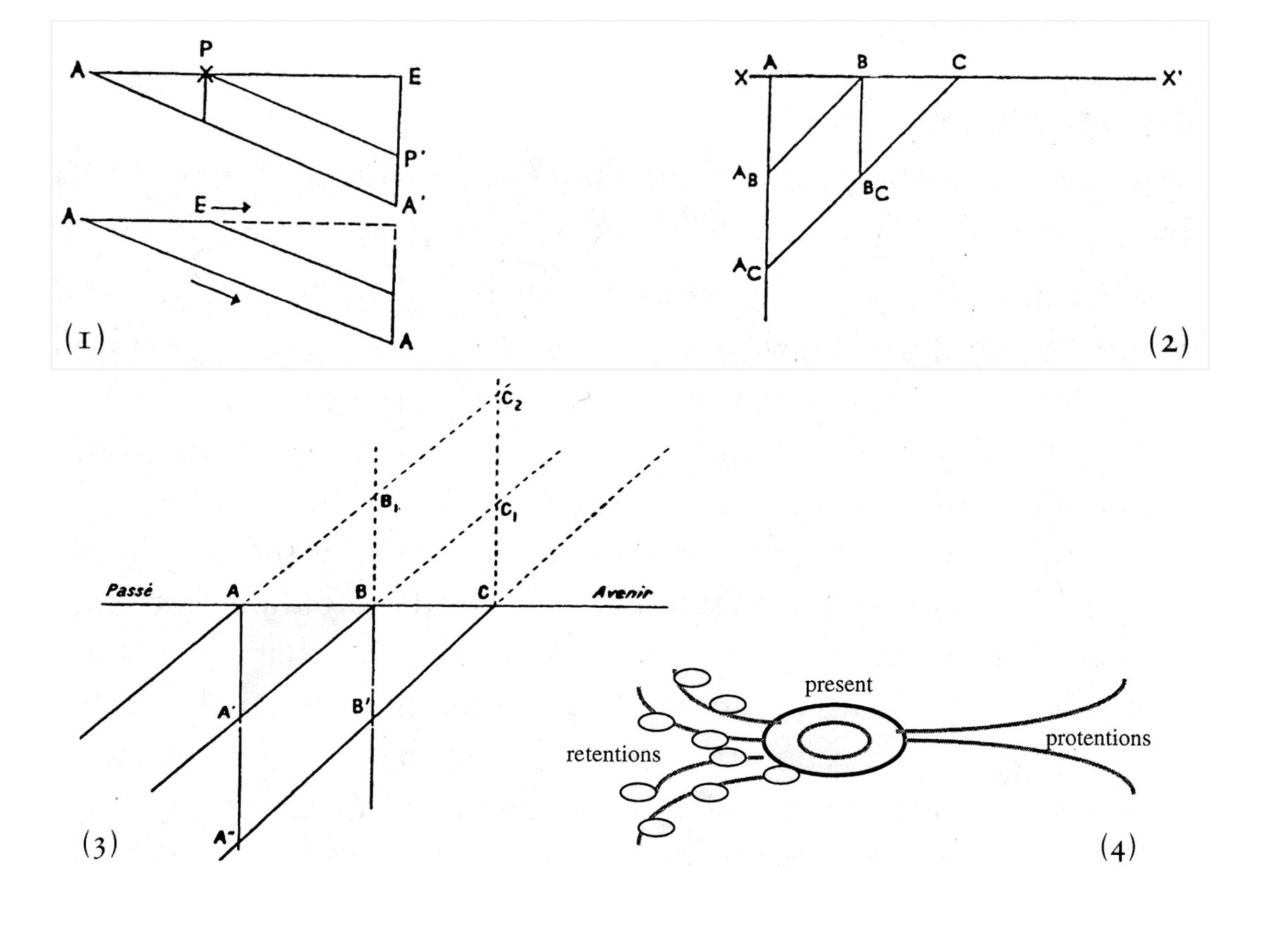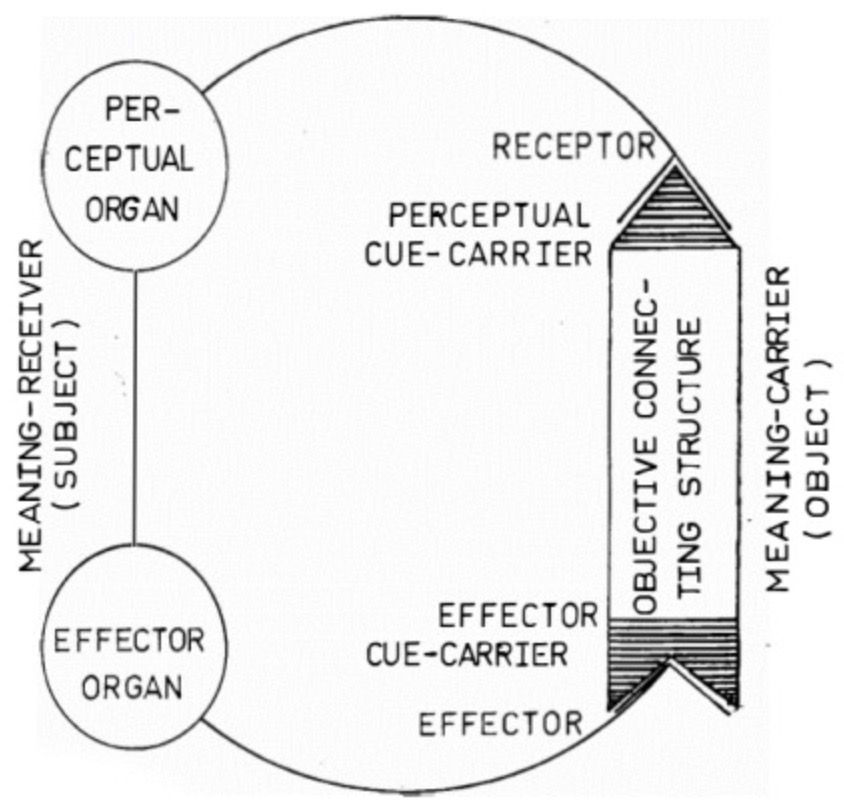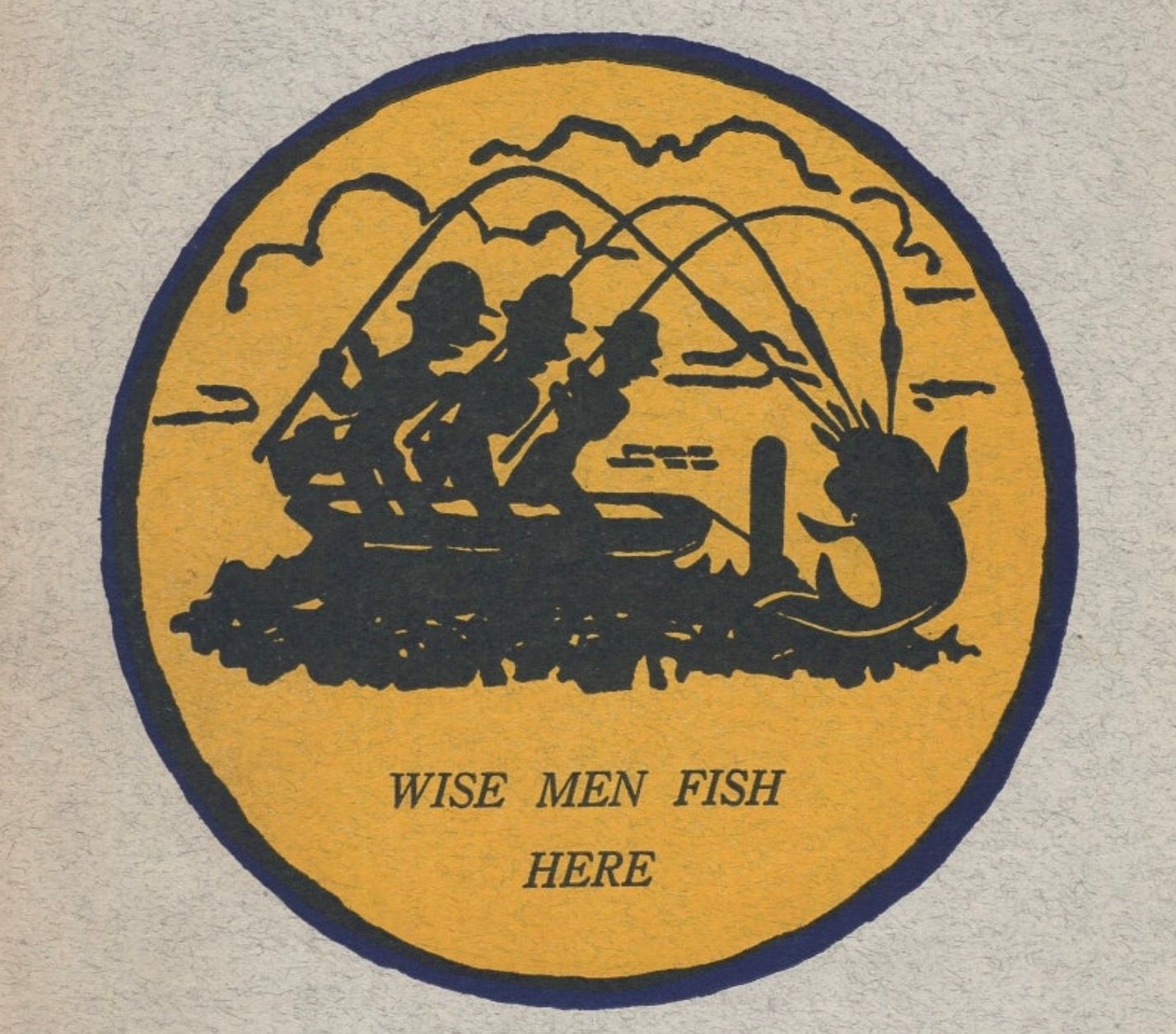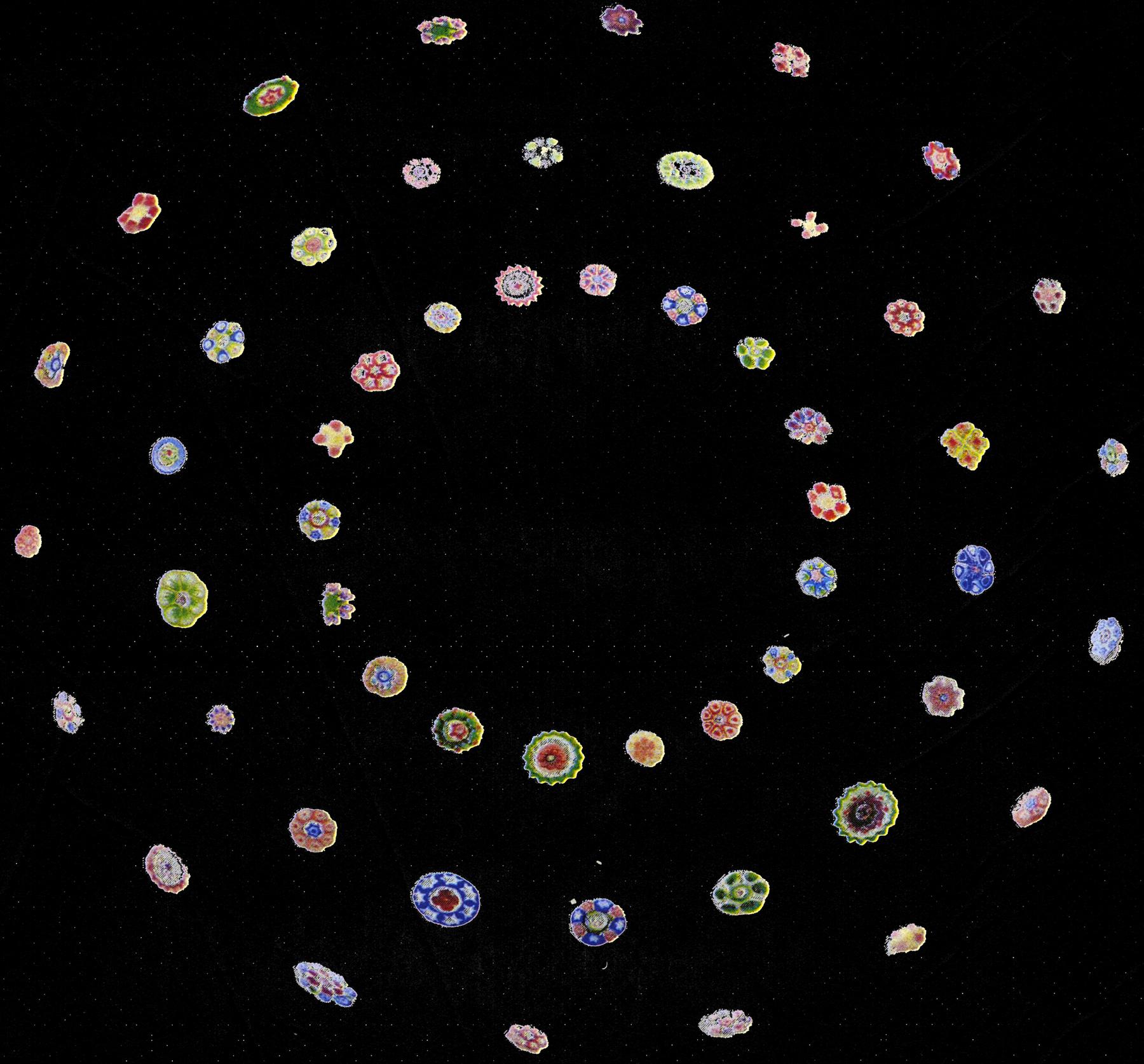All Living Things are Critics
Kenneth Burke • 1935
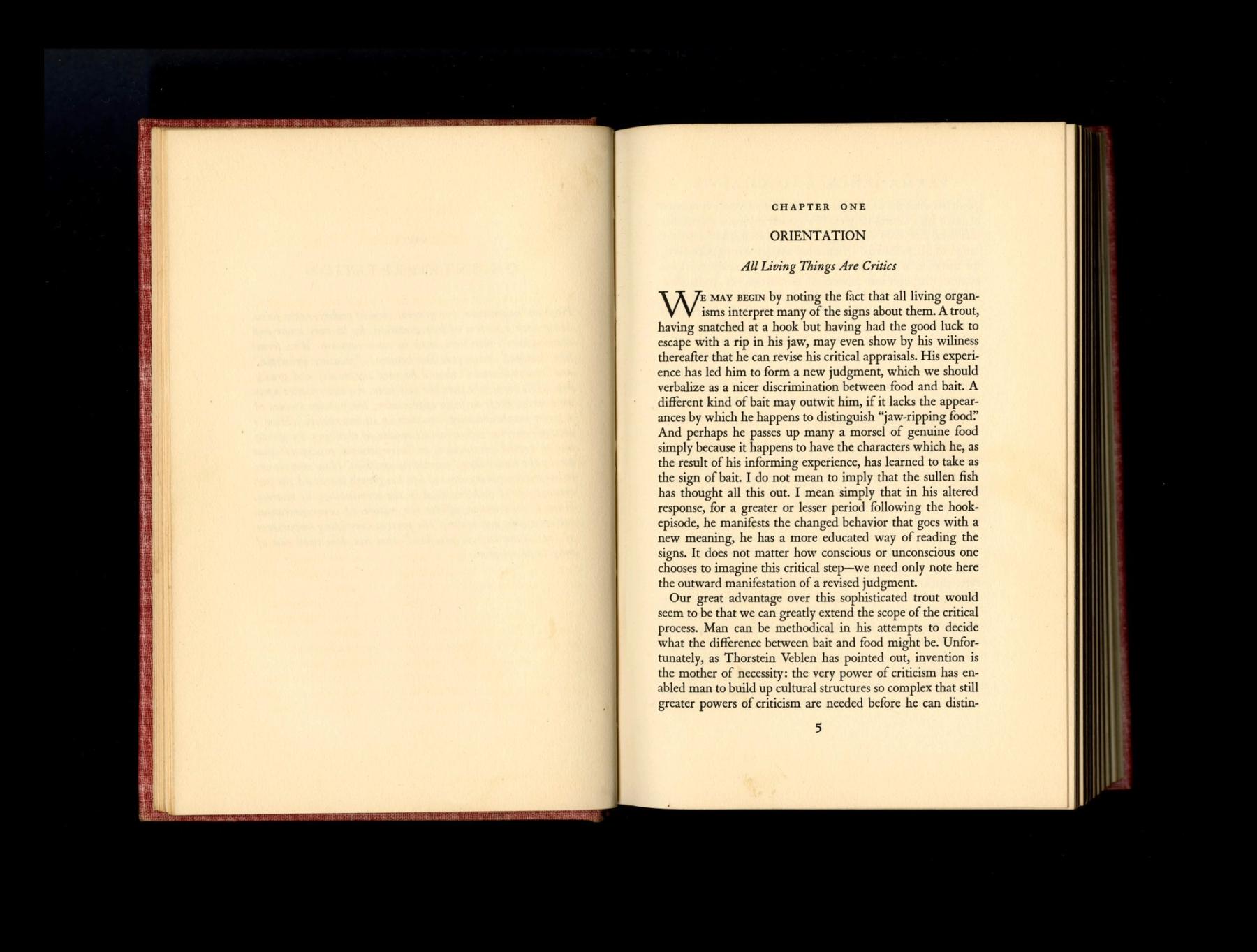

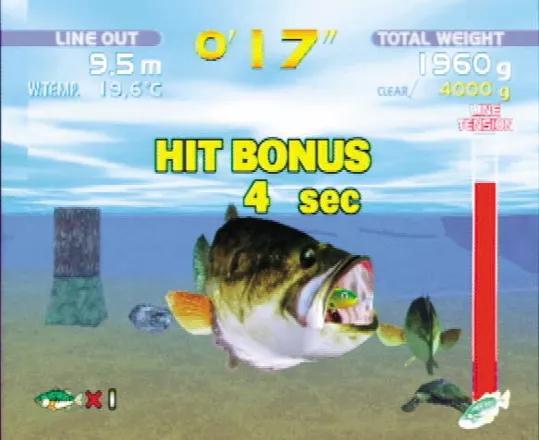
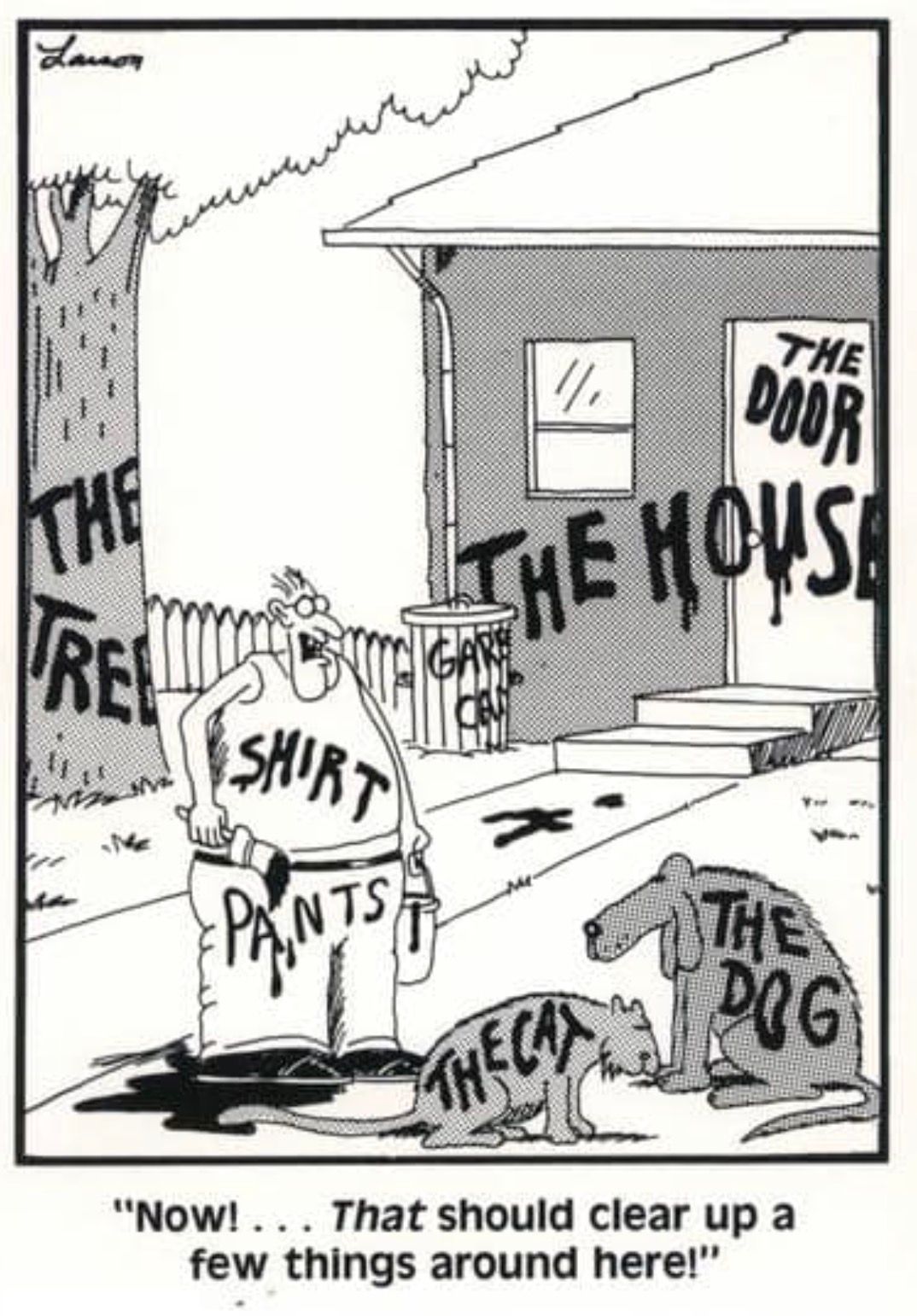
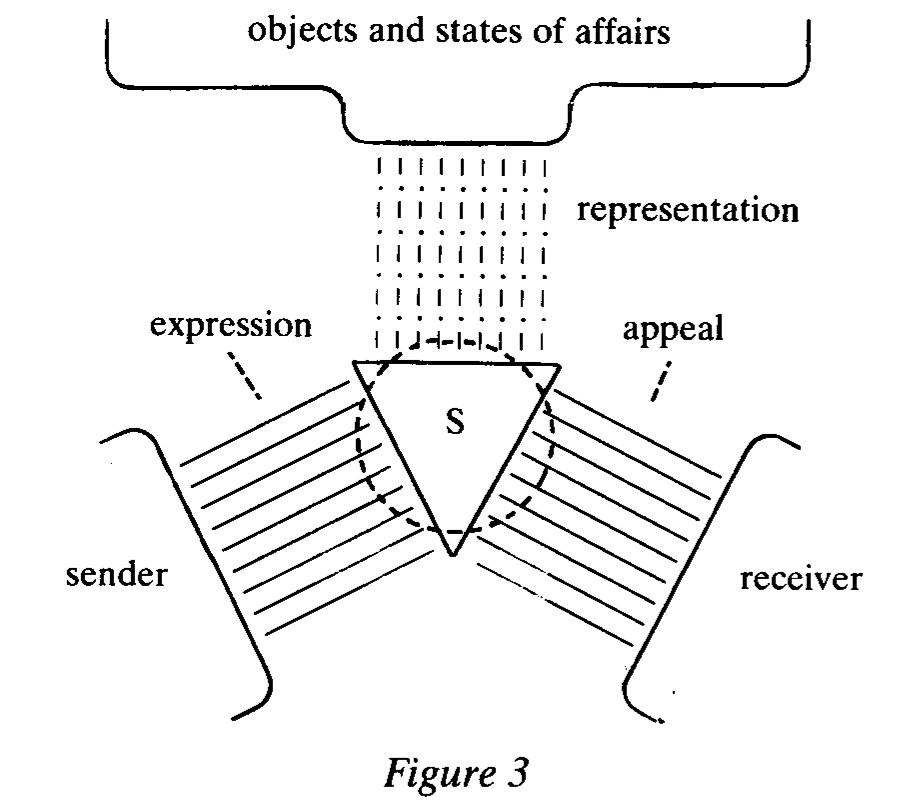
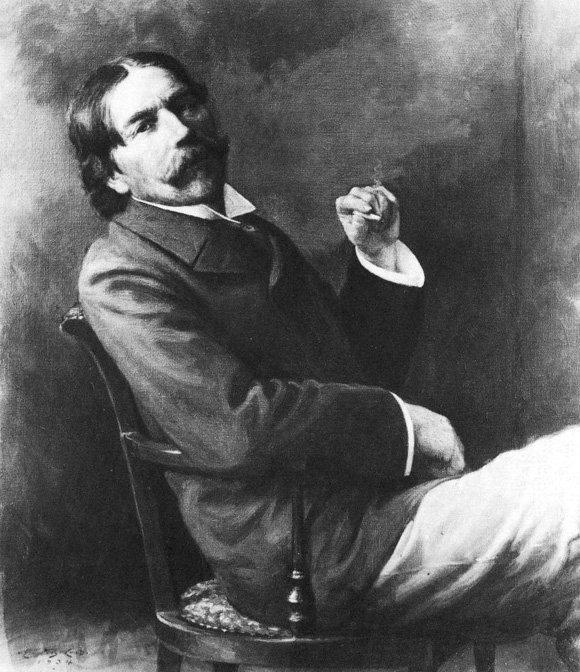
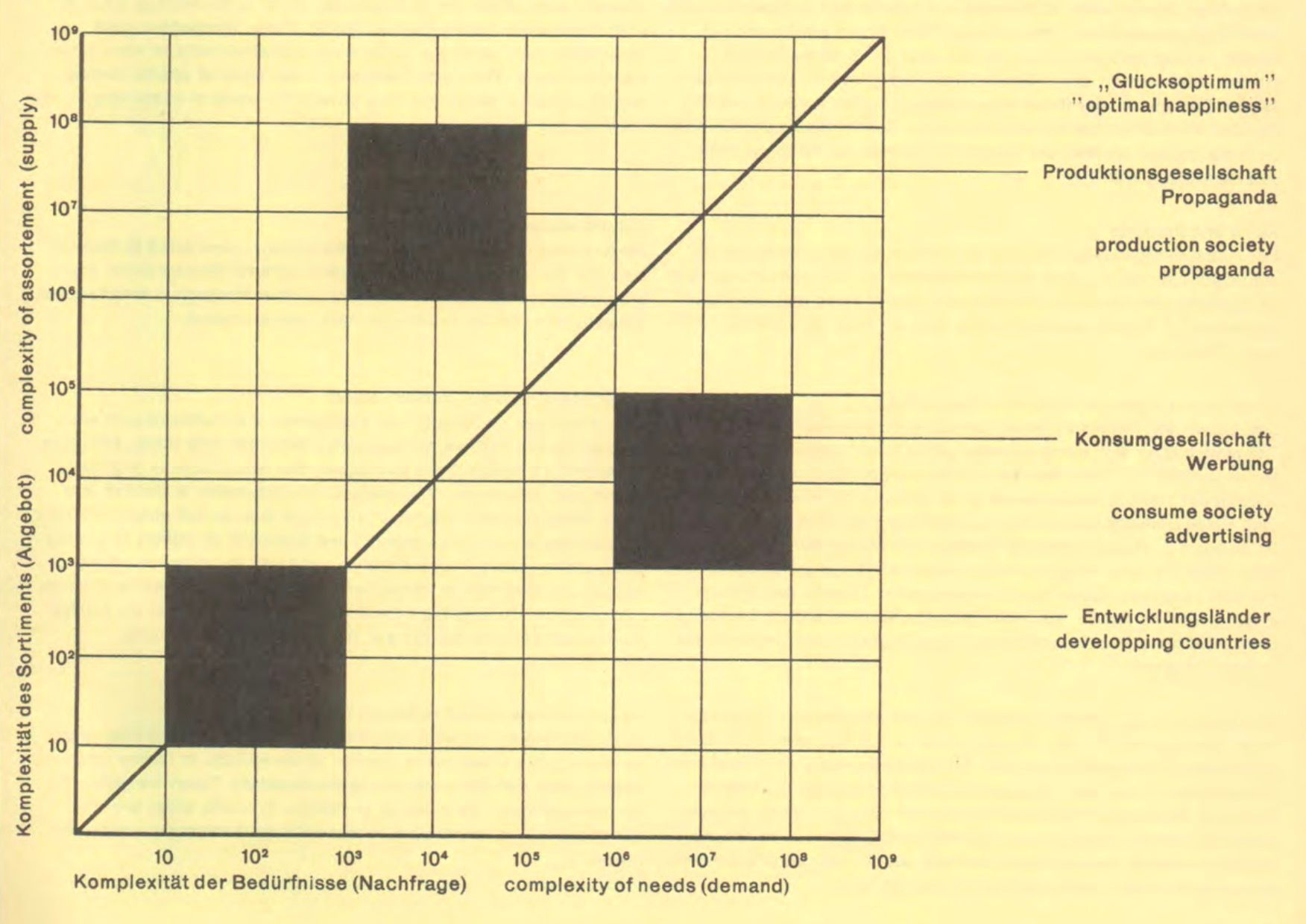
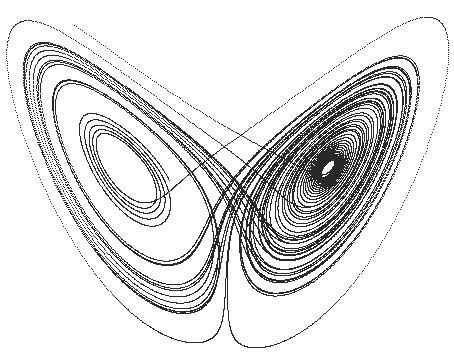
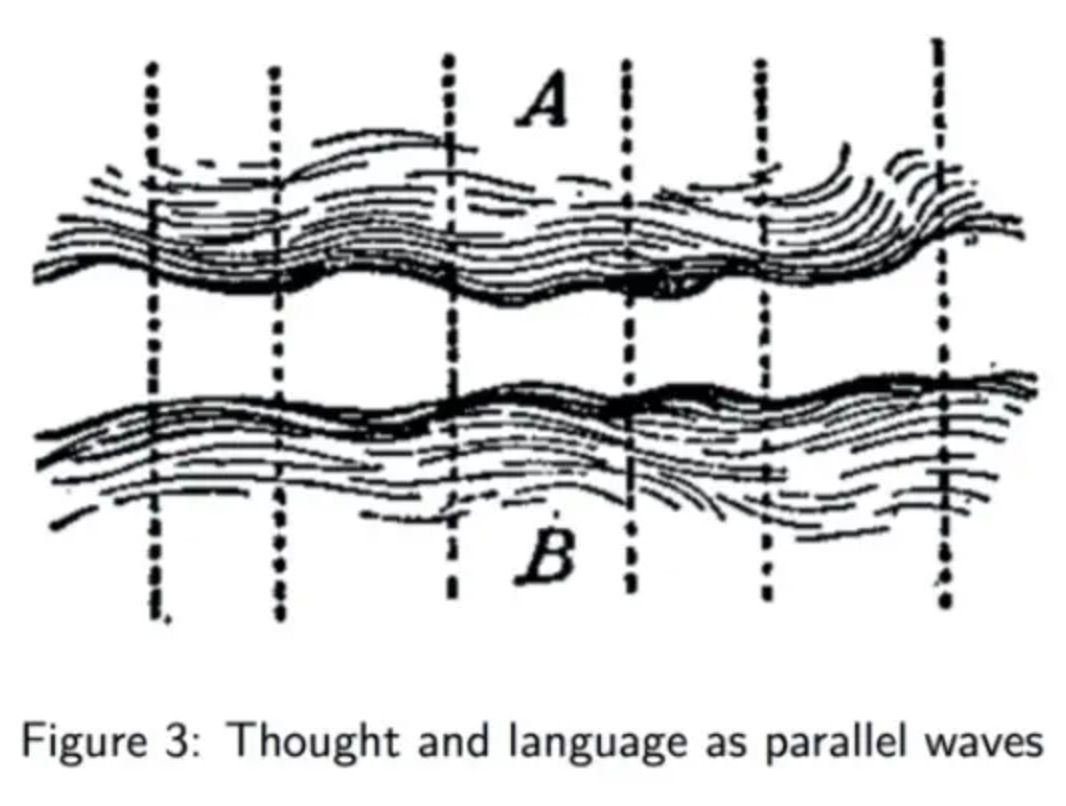
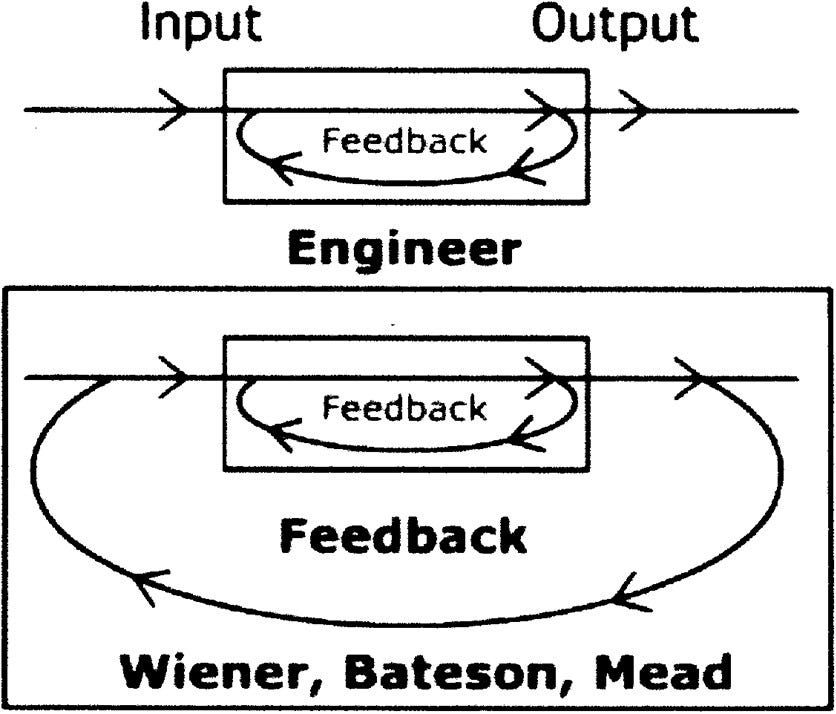
A We may begin by noting the fact that all living organisms interpret many of the signs about them. B A trout having snatched at a hook but having had the good luck to escape with a rip in his jaw, may even show by his wiliness thereafter that he can revise his critical appraisals. C His experience has led him to form a new judgment, which we should verbalize as a nicer discrimination between food and bait. A different kind of bait may outwit him, if it lacks the appearances by which he happens to distinguish “jaw-ripping food.”
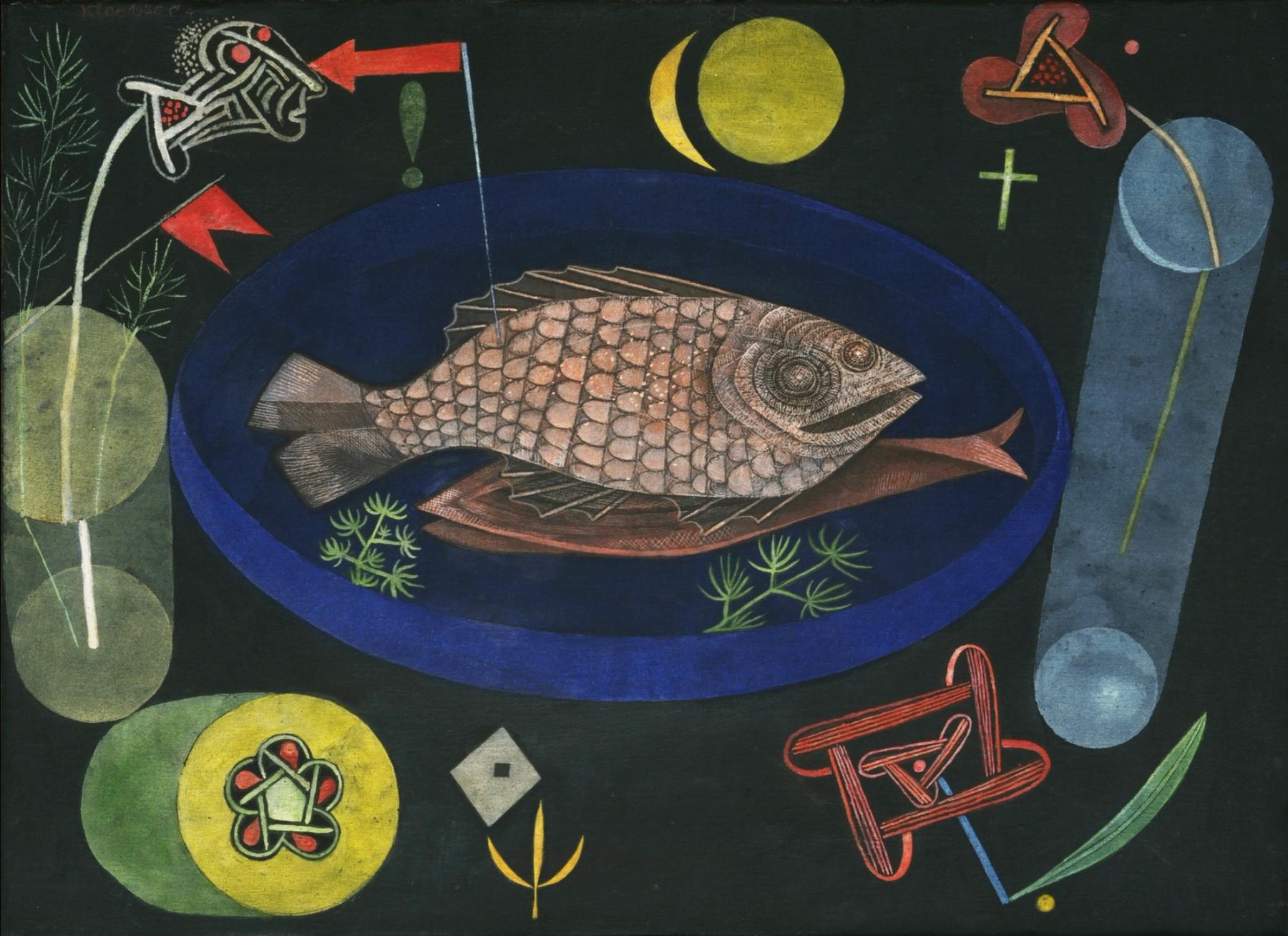
And perhaps he passes up many a morsel of genuine food simply because it happens to have the characters which he, as the result of his informing experience, has learned to take as the sign of bait. E I do not mean to imply that the sullen fish has thought all this out. I mean simply that in his altered response, for a greater or lesser period following the hook-episode, he manifests the changed behavior that goes with a new meaning, he has a more educated way of reading the signs. F It does not matter how conscious or unconscious one chooses to imagine this critical step — we need only note here the outward manifestation of a revised judgment.
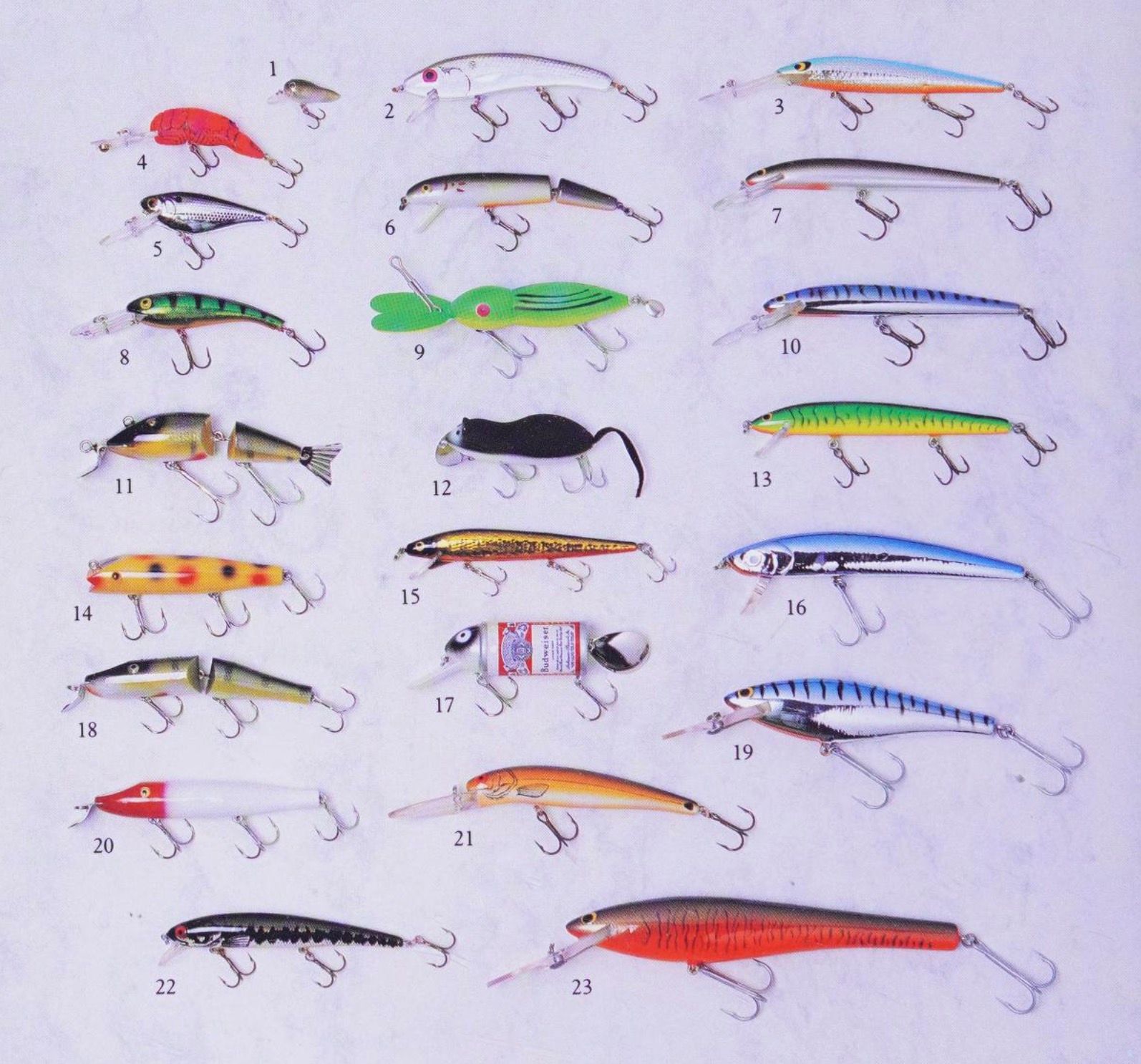
Our great advantage over this sophisticated trout would seem to be that we can greatly extend the scope of the critical process. H Man can be methodical in his attempts to decide what the difference between bait and food might be. I J Unfortunately, as Thorstein Veblen K has pointed out, invention is the mother of necessity L : the very power of criticism has enabled man to build up cultural structures so complex M that still greater powers of criticism are needed before he can distinguish between the food-processes and bait-processes concealed beneath his cultural tangles. N
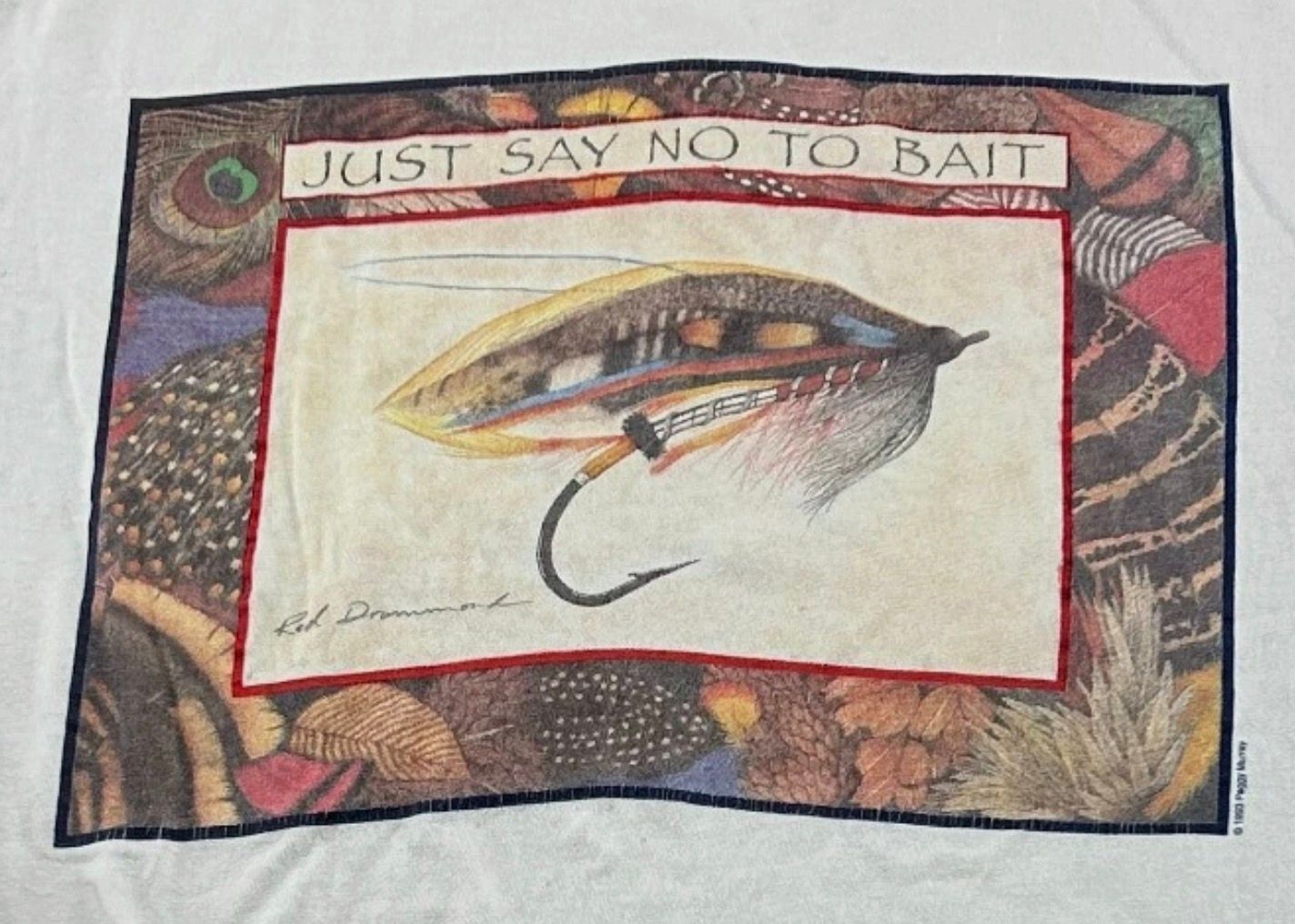
His greater critical capacity has increased not only the range of his solutions, but also the range of his problems. P Orientation can go wrong. Consider, for instance, what conquest over the environment we have attained through our powers of abstraction, of generalization; Q and then consider the stupid national or racial wars which have been fought precisely because these abstractions were mistaken for realities. No slight critical ability is required for one to hate as his deepest enemy a people thousands of miles away. When criticism can do so much for us, it may have got us just to the point where we greatly require still better criticism. Though all organisms are critics in the sense that they interpret the signs about them, the experimental, speculative technique made available by speech R would seem to single out the human species as the only one possessing an equipment for going beyond the criticism of experience to a criticism of criticism. S We not only interpret the character of events (manifesting in our responses all the gradations of fear, apprehension, misgiving, expectation, assurance for which there are rough behavioristic counterparts in animals) — we may also interpret our interpretations. T
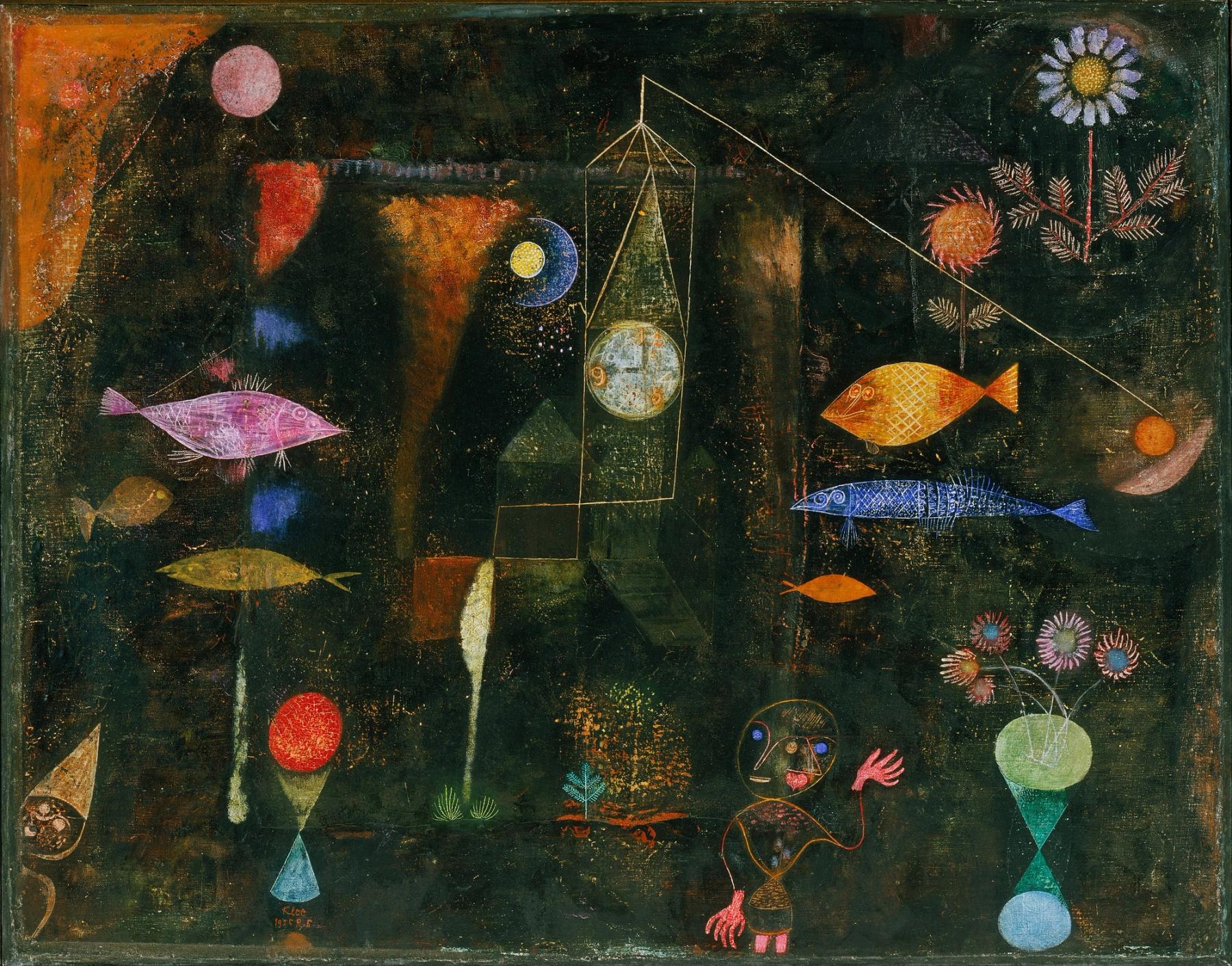
Pavlov's dog had acquired a meaning for bells when conditioned to salivate at the sound of one. Other experiments have shown that such meanings can be made still more accurate: chickens can be taught that only one specific pitch is a food-signal, and they will allow bells of other pitches to ring unheeded. V But people never tremble enough at the thought of how flimsy such interpreting of characters is. If one rings the bell next time, not to feed the chickens, but to assemble them for chopping off their heads, they come faithfully running, on the strength of the character which a ringing bell possesses for them. W Chickens not so well educated would have acted more wisely. Thus it will be seen that the devices by which we arrive at a correct orientation may be quite the same as those involved in an incorrect one. We can only say that a given objective event derives its character for us from past experiences having to do with like or related events. X A ringing bell is in itself as meaningless as an undifferentiated portion of the air we are breathing. It takes on character, meaning, significance (dinner bell or door bell) in accordance with the contexts in which we experience it.
